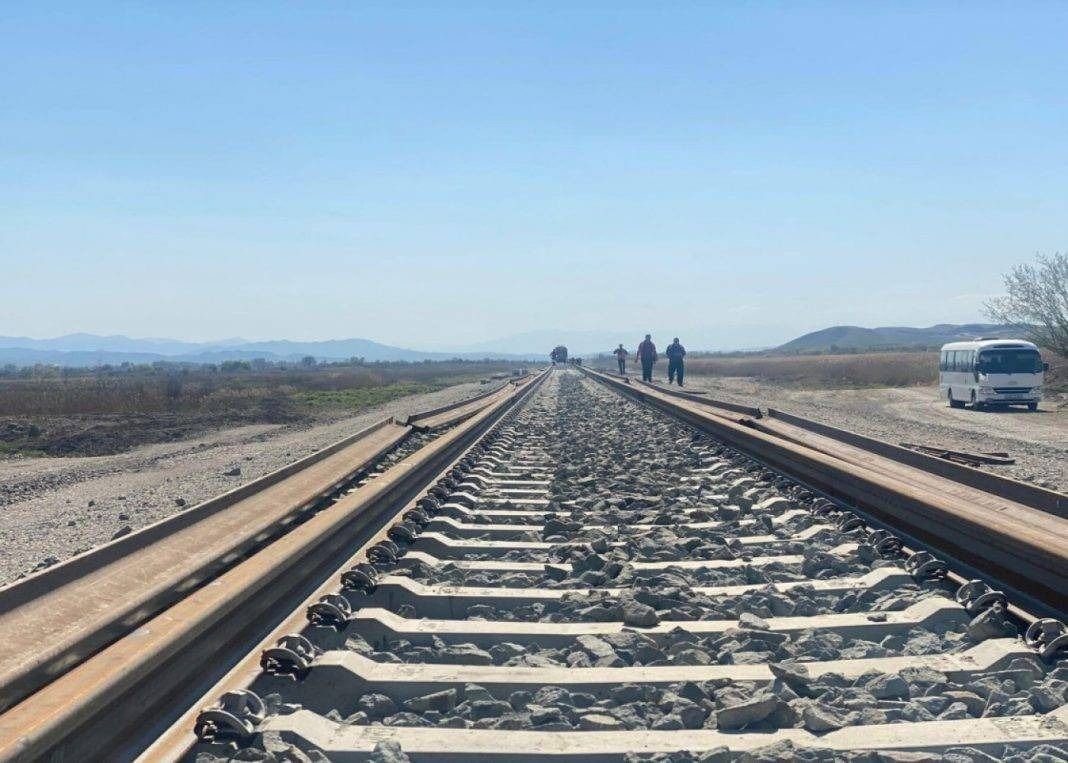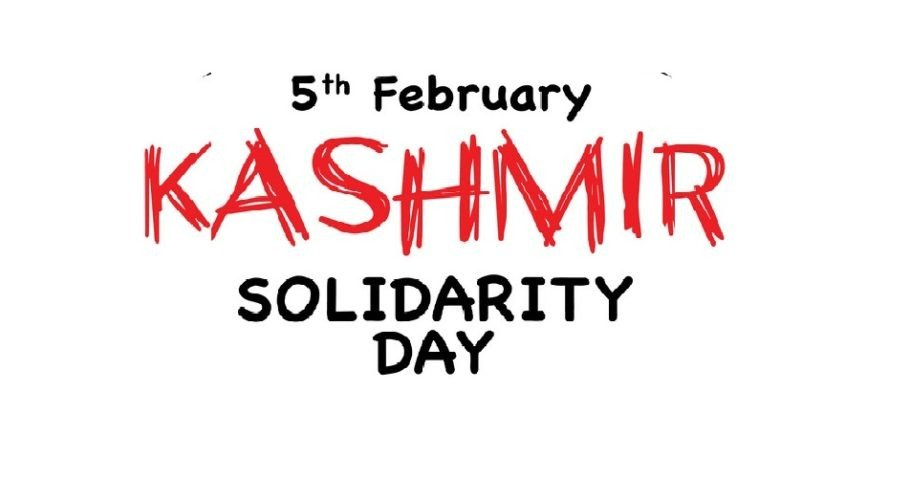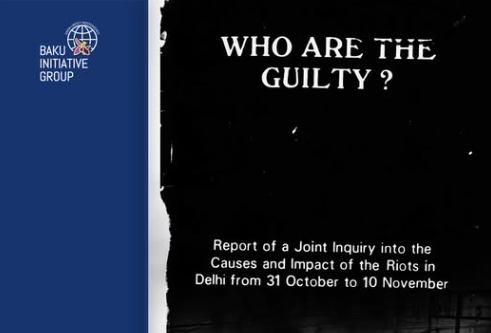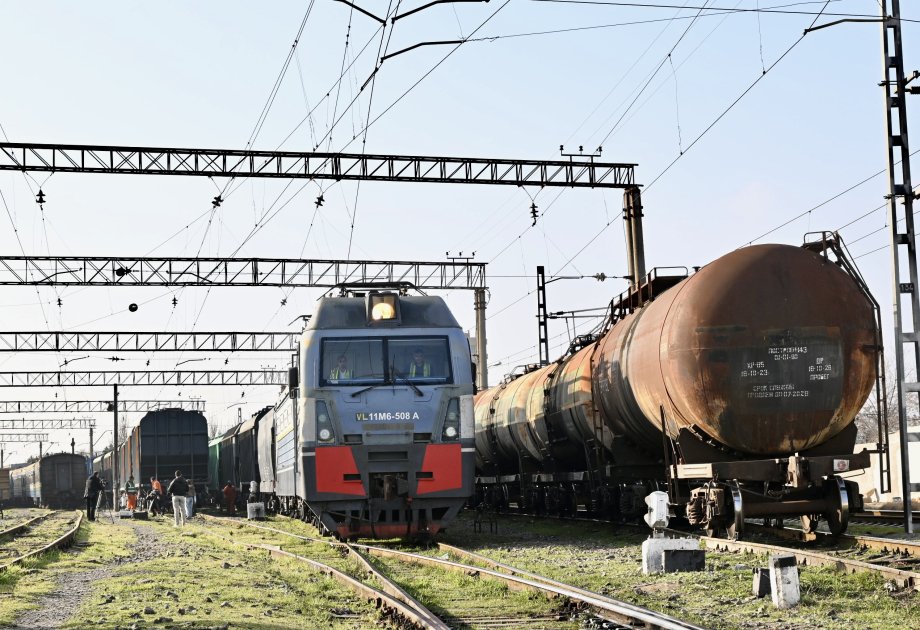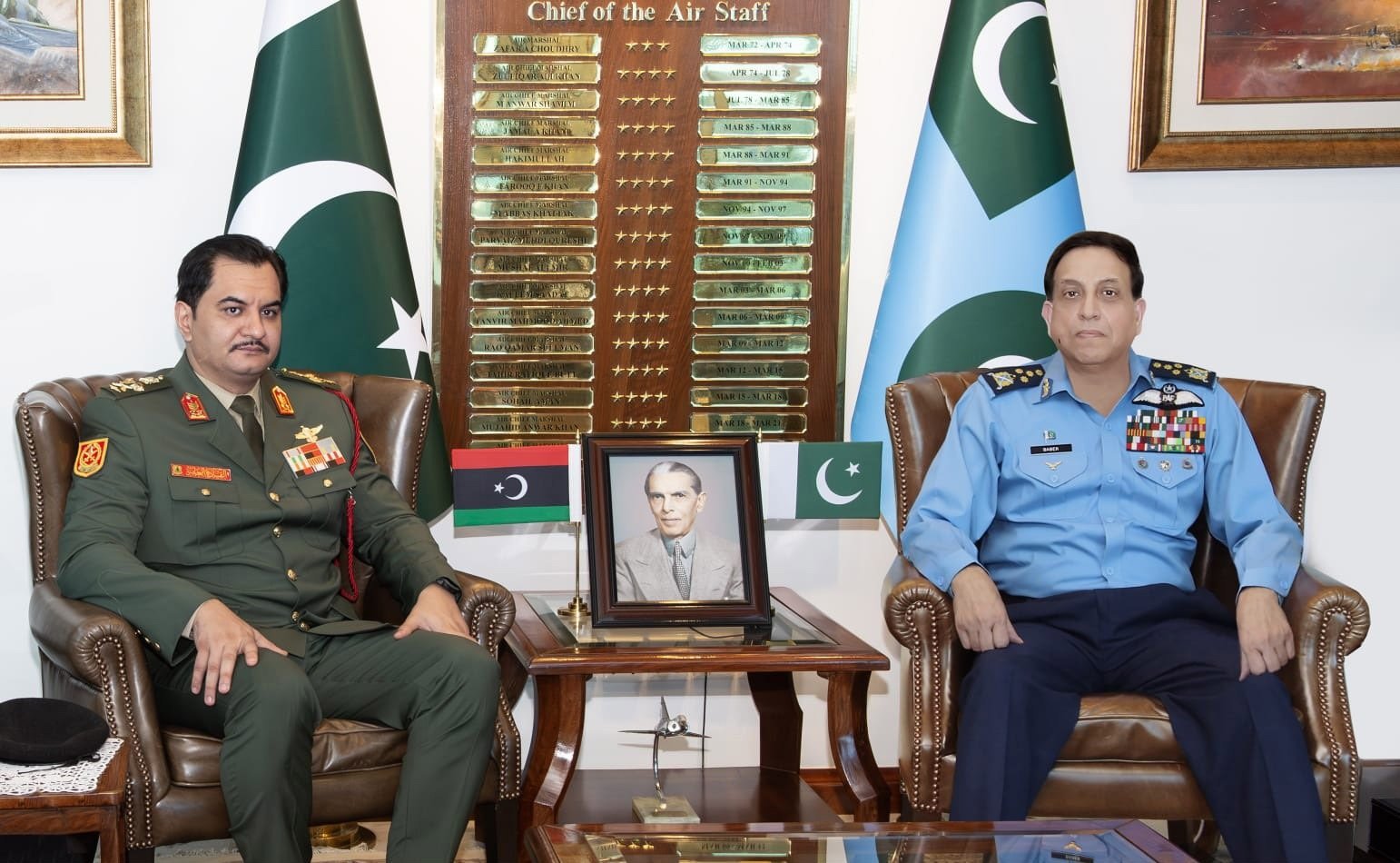September has become fairly significant for Azerbaijan over many years. This is a month of reflection, an opportunity to recall the time the nation launched a major operation to retrieve Garabagh from Armenian rule after years of waiting. Many still view those weeks as a key counteroffensive when Azerbaijani troops showed extraordinary resolve and bravery. In less than two months, they achieved what thirty years ago would seem impossible.
It is quite amazing how areas like Aghdam, Lachin, and Kalbajar were freed without one shot being fired. As much as military achievements, these were diplomatic, strategic, and patient ones. Armenia still rejects peace proposals in spite of these efforts, instead supporting separatist forces in Garabagh by importing weapons, mercenaries, and militants, hence fanning the embers of violence.
For Azerbaijan, September 2023 provided still another important event. Apart from attesting to the country’s sovereignty, the anti-terrorism effort initiated by the Azerbaijani people heralded the end of almost two centuries of hostility in the South Caucasus. This happened swiftly and with efficiency. Disarmed, Armenian insurgents turned in less than twenty-24 hours and left. Important leaders of the separatist movement were taken into custody when the illegal junta government running Garabagh was toppled after more than thirty years. Apart from recovering authority over its territory, Azerbaijan had rebuilt justice.
The roots of this dispute are really rather deep. Declared in Nagorno-Karabakh, the so-called “Republic of Artsakh” was founded in 1991; Armenia then attacked seven nearby areas of Azerbaijan. Armenia retained sovereignty over these regions for decades, serving as a barrier between her and But following Azerbaijan’s successful operations in 2023, the illegal government built over thirty-two years was finally toppled. Many Armenians who had been living in Garabagh decided to return to Armenia under the influence of separatist leaders. Azerbaijan made reintegration and cooperation proposals, but these were turned down.
Armenia’s approach to peace has been at best inconsistent. Though the two countries appeared to be advancing in past peace negotiations—most prominently at the Almaty meeting in May—Armenia’s actions have often gone against their rhetoric. Prime Minister Nikol Pashinyan freely called for peace, but behind-the-scenes his government was encouraging border provocations. Unhappy with the development in Almaty, certain foreign powers clearly encouraged Armenia to increase tensions once more.
Armenian behavior is, to put it mildly, disturbing. Though they say they are looking for peace, their behavior reveals another story. Instead of aiming for stability, they have militarized and taken part in diplomatic games designed just to extend the conflict. Outside factors, particularly from the West, which is pushing Armenia from actual reconciliation back into conflict, seem to be partially responsible for this volatility.
Azerbaijan has displayed amazing composure and patience over this turbulent time. The country has regularly supported peace and stability for the region even in the face of provocations and obstacles. Their dedication to these principles is remarkable; it gives some optimism among the uncertainty.
Still, Armenia’s continuous resistance to participate fully in the peace process puts the South Caucasus’s future under jeopardy. This resistance not only compromises regional security but also runs the danger of undoing the development achieved. The road forward is unknown, and the important question now is whether Armenia will continue in activities that can cause more conflict and instability or embrace a future of honest communication and sincere cooperation. Their decision will determine the course of the area for next years.
Ms. Fatima Tuz Zehra is the Editor-In-Chief of The Gulf Observer

President “The Gulf Observer Research Forum” and the Editor-In-Chief, https://thegulfobserver.com



